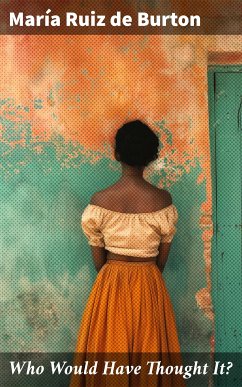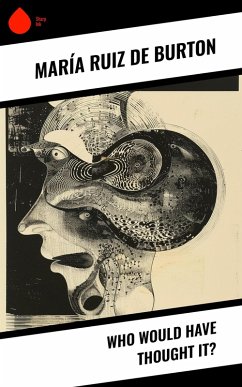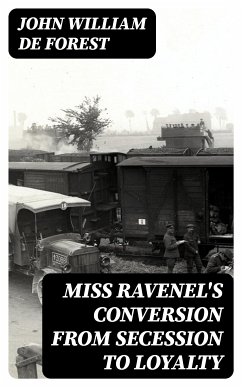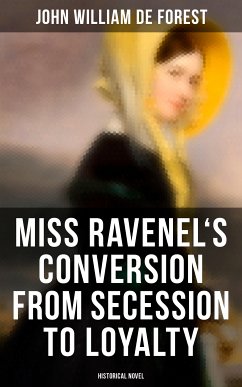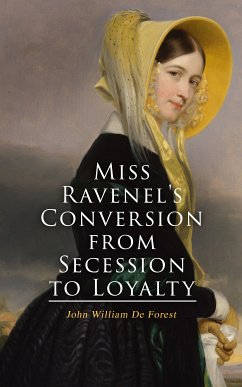
Who Would Have Thought It? (eBook, ePUB)
Versandkostenfrei!
Sofort per Download lieferbar
0,49 €
inkl. MwSt.
Weitere Ausgaben:

PAYBACK Punkte
0 °P sammeln!
In "Who Would Have Thought It?" María Ruiz de Burton crafts a poignant narrative that intertwines themes of identity, race, and societal expectations in 19th-century America. The novel, notable for its satirical style and rich character development, deftly critiques the prevailing social norms of its time through the lens of its Mexican-American protagonist, showing the complexities of cultural assimilation and the struggles against prejudice. Ruiz de Burton's use of humor and irony invites readers to reflect on the harsh realities faced by marginalized communities while engaging with an arra...
In "Who Would Have Thought It?" María Ruiz de Burton crafts a poignant narrative that intertwines themes of identity, race, and societal expectations in 19th-century America. The novel, notable for its satirical style and rich character development, deftly critiques the prevailing social norms of its time through the lens of its Mexican-American protagonist, showing the complexities of cultural assimilation and the struggles against prejudice. Ruiz de Burton's use of humor and irony invites readers to reflect on the harsh realities faced by marginalized communities while engaging with an array of vividly drawn characters who embody the juxtaposition of traditional and modern values. Ruiz de Burton, the first published Mexican-American female novelist in the United States, drew from her own experiences of navigating the intersections of two distinct cultures. Her heritage and the challenges she faced as a woman in a predominantly male literary canon led her to articulate the nuanced realities of her subjects with authenticity and insight. Through her work, she not only sought to illuminate the unique plight of her characters but also to champion the voices often silenced in history. "Who Would Have Thought It?" is a vital addition to the canon of American literature, offering readers a rich tapestry of cultural commentary and social critique. I highly recommend this novel to anyone interested in exploring the complexities of multicultural identities and the enduring legacy of female writers in the face of societal constraints.
Dieser Download kann aus rechtlichen Gründen nur mit Rechnungsadresse in A, B, BG, CY, CZ, D, DK, EW, E, FIN, F, GR, H, IRL, I, LT, L, LR, M, NL, PL, P, R, S, SLO, SK ausgeliefert werden.




